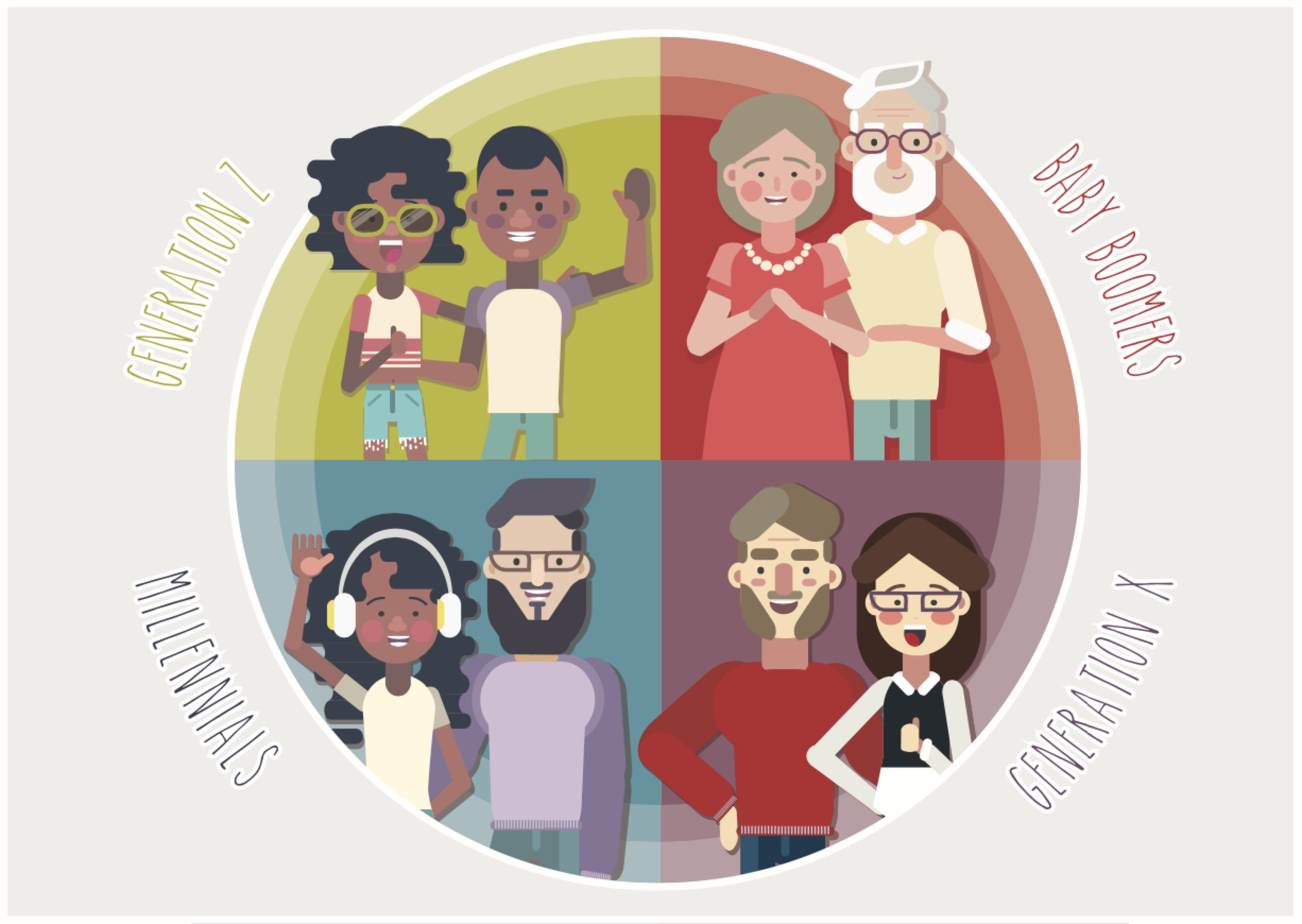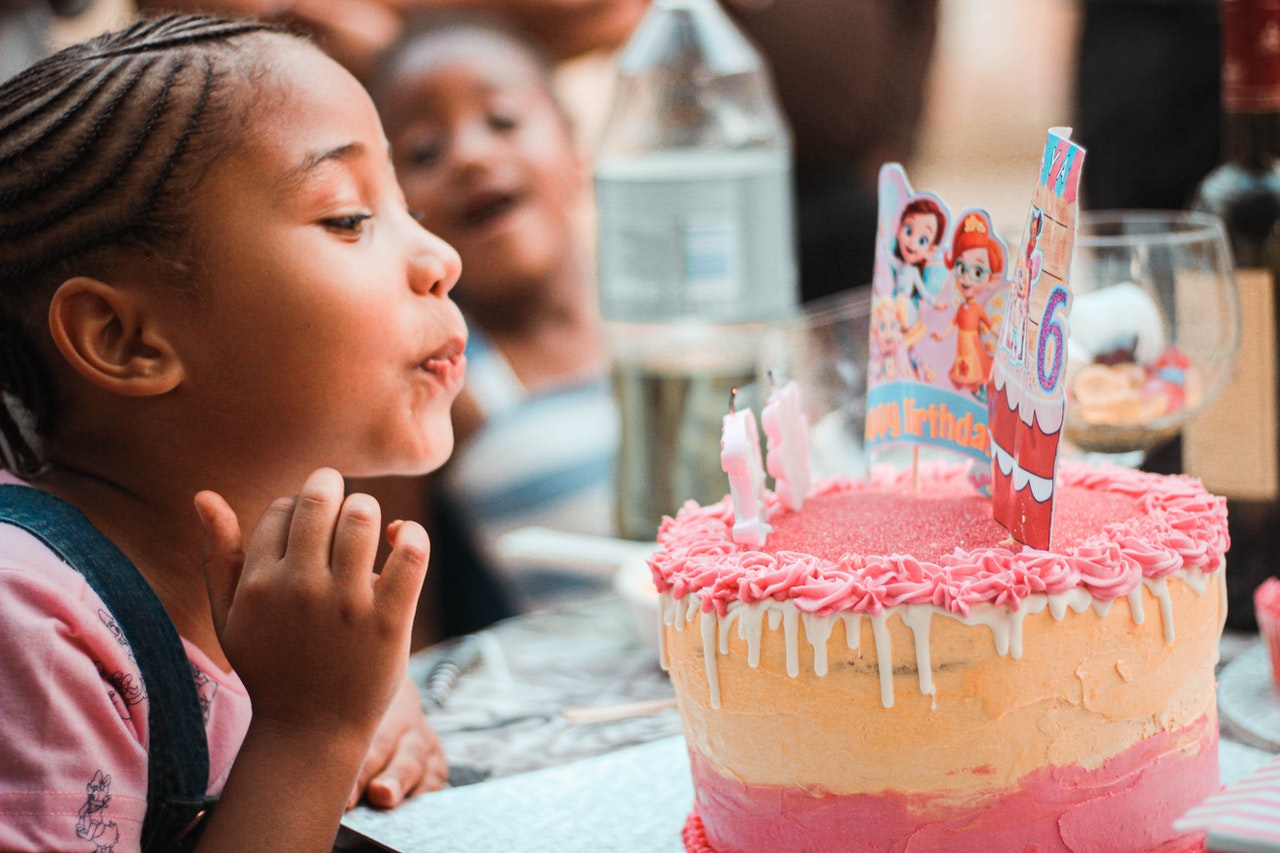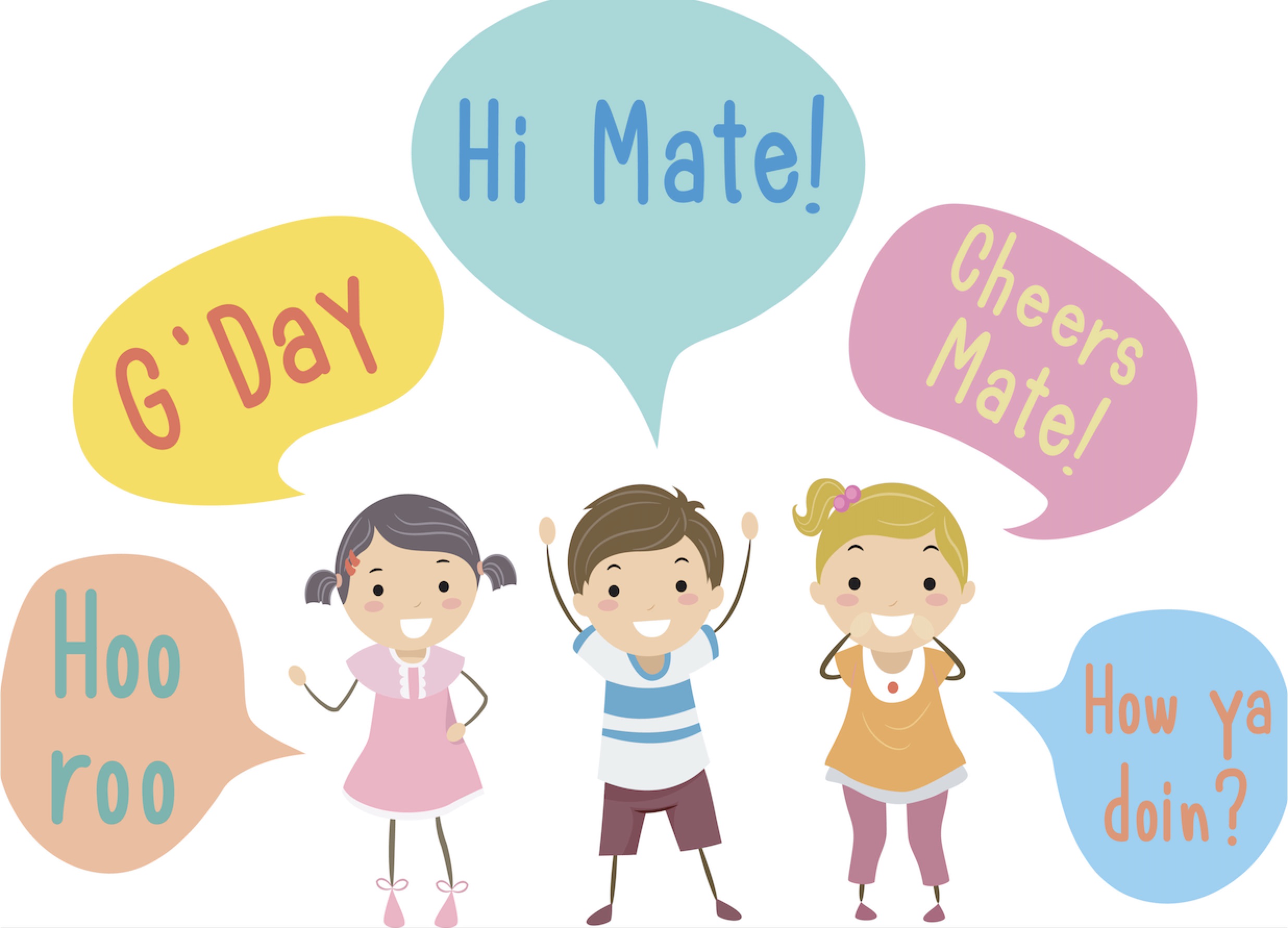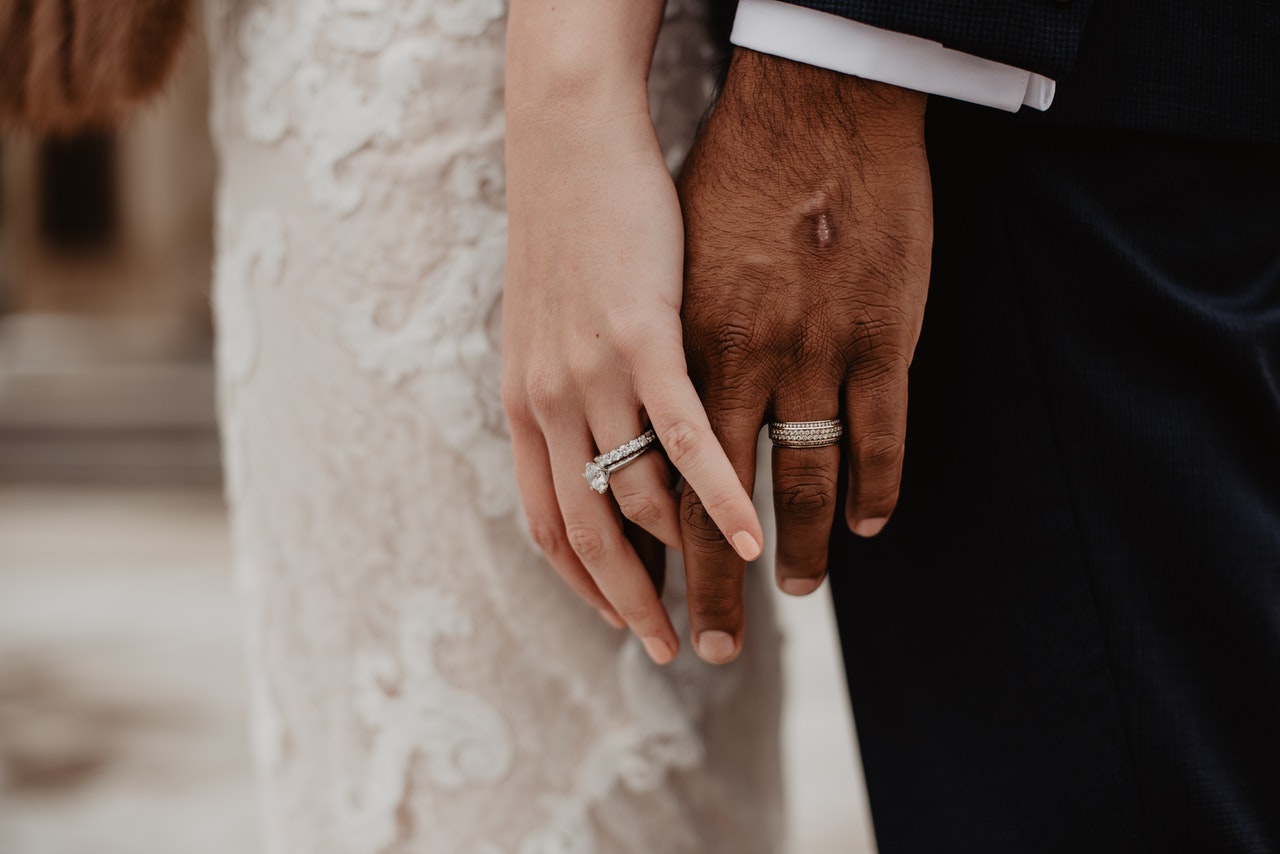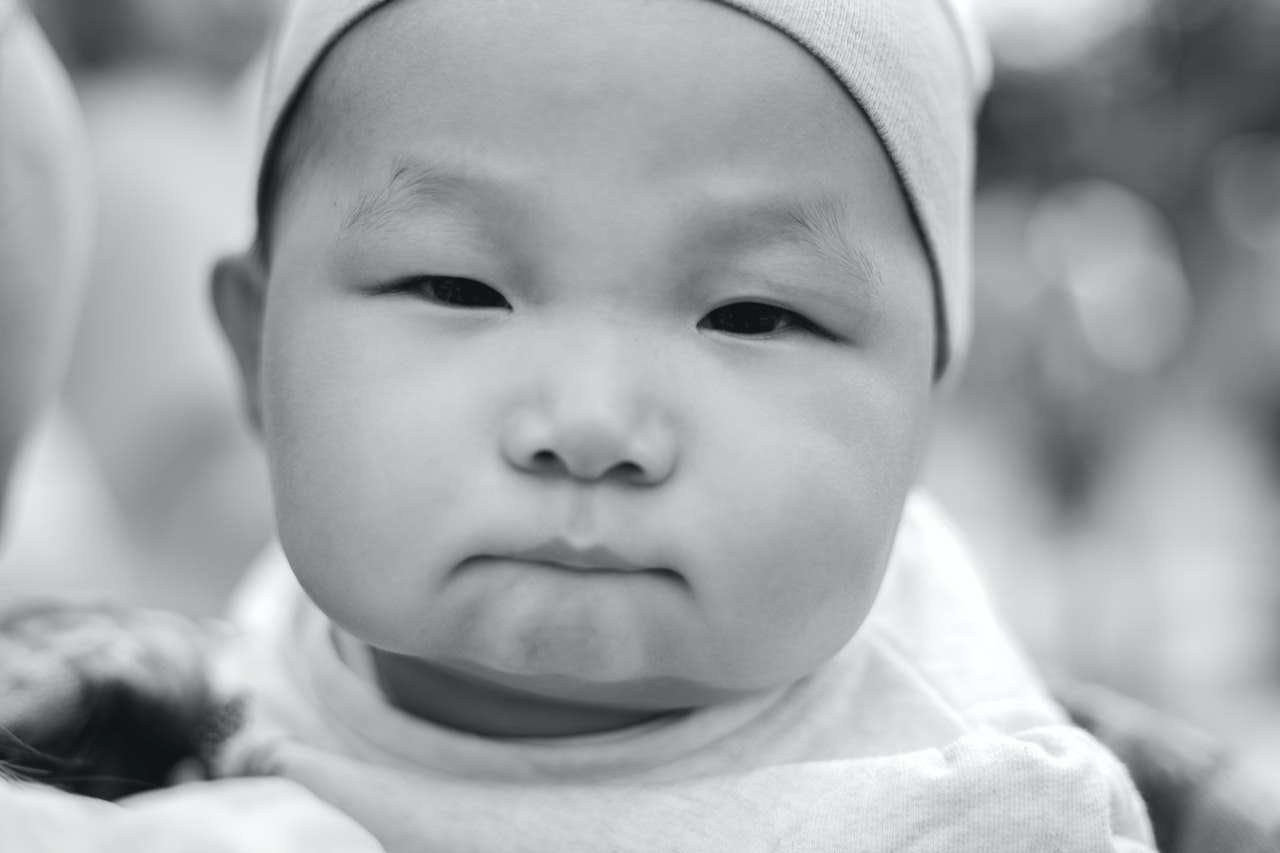Reading Time: < 1 minutes
- Number 13 and Friday, as separate entities, have been considered unlucky in Western superstition for centuries and the combination of the two – Friday, the 13th – is considered super unlucky.
- Fear of them is so prevalent that we have names for them: Fear of Number 13 is “triskaidekaphobia”, and when Friday is added to it, it becomes “paraskevidekatriaphobia”.
- Due to the association of #13 with bad luck, it is common for builders to not build Floor 13, or for airports to skip gate 13; many hotels and hospitals don’t have Room #13.
- Unlucky 13: Many events are believed to have led people to consider it an unlucky number.
- And the foremost is based on a reference from Bible: Judas, one of Jesus’ apostles, is said to be the 13th guest to have attended the last supper; he later betrayed Jesus who was crucified the next day (Friday).
- In Norse mythology (relating to Nordic countries, i.e. Denmark, Finland, Iceland, Norway, Sweden & Greenland) also, it is said that 12 Gods were having dinner when Loki, the trickster God, came uninvited as the 13th guest and arranged the killing of God Balder.
- Unlucky Friday: Friday’s association with bad luck is also attributed to the occurrence of many bad events on the day.
- E.g. events of ancient times such as Adam & Eve’s death, destruction of Solomon’s Temple (Holy Temple in Jerusalem), Adam & Eve’s son Cain killing his brother, Abel.
- From the recent past, events such as the German bombing of Buckingham Palace (1940), a cyclone killing more than 300,000 people in Bangladesh (1970), and the explosion in the Apollo 13 lunar spacecraft, leading to the failure of the mission (1970) are believed to have cemented Friday’s association with bad luck.
- The only exception to this belief is said to be Good Friday – the day of Jesus’ crucifixion.
- Children born on Good Friday are considered lucky and some sailors begin their voyage on Good Friday because it is considered an auspicious day.
Reference shelf :




